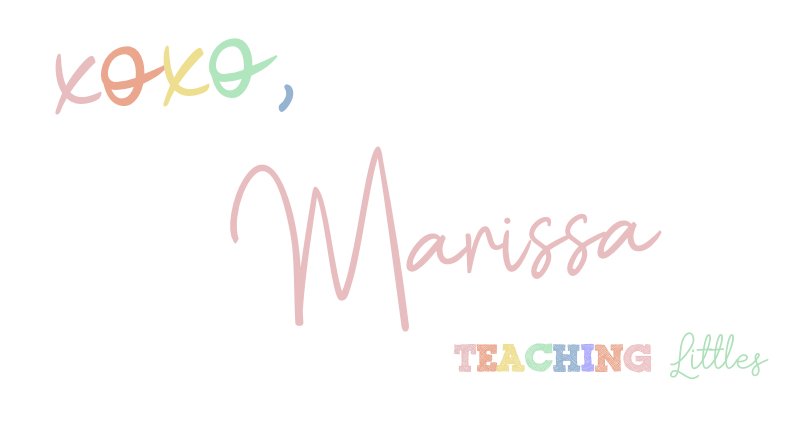Your baby is developing right before your eyes and they are gaining new skills each and every day. Some of these abilities and milestones will be emerging and improving their fine motor skills.
Fine motor skills are the small, precise, and controlled movements of the hands, used to grasp and manipulate objects. As your baby gets older, it will help them to eat, write, color, cut, tie shoes, button, and everything else we use our hands for.
As a newborn, your baby had a grasping reflex. If something touched their palm, they would automatically close their hand around it. This wasn’t an intentional movement, but one that happened automatically (a reflex).
Grasping was a fine motor skill even though it wasn’t intentional.
As they grow, they are starting to have purposeful/intentional movements and finding ways to use their hands.
They can keep themselves stimulated through simple activities and if they see something they want and they can reach for it. This helps in developing fine motor skills for your baby.
It’s important to give your baby as much opportunity to practice these skills as possible. Fine motor skills in your baby will start to develop through these activities.
You’ll see your baby go from just reaching in the direction of an object to actively picking up an object he wants. You’ll see them raking and swatting at their toys to using 2 fingers to pick up a tiny cheerio.

Fine Motor Skills in Your 0-12 Month Old
Here are the fine motor skills (small movements of the hands) that your baby will develop as the months go by. Once you are aware of them, you’ll watch in amazement as they emerge.
0-3 Months Old:
- Hands are mostly in a fisted position throughout the day
- Demonstrates a reflexive grasp when objects are placed in their hand
- Watch their own hands move
- Swats at toys swinging or hanging in front of them with whole arm
- Use both hands to grab an object
- Focus eyes on objects about 12 inches away
- Hold a rattle for a few minutes
3-6 Months Old:
- Open their hands a lot more (instead of the fisted grip you saw for the first couple months of life)
- Play by grasping objects put right in front of them
- Explore things with both their hands and mouth
- Aim better when reaching to grab an object
- Can get what they want within an arms-length reach
- Manipulate their hands to turn, twist, and handle different size objects
- Starting to transfer objects between hands
- Will clasp hands together
Check out these tips on ideas for fine motor play for your 3-6 month old
6-9 Months Old:
- Eat a cracker by themselves
- Explore and handle objects: wave, shake, twist, turn, squeeze, poke and even put them in their mouth
- Play pat-a-cake
- Play with their hands and feet
- Pick up cereal (such as Cheerios) and try to put in mouth (may still be unsuccessful)
- Uses a raking grasp to grab items
- Pokes at objects using their index finger (but not precisely yet)
- Can squeeze objects
- Begins to hold their own bottle tightly
- Looks for other objects while holding another
9-12 Months Old:
- Hold a toy while crawling
- Pick up small objects between thumb and one or two fingers (pincer grasp)
- Can precisely feed themselves finger foods
- Turns pages in a book
- Pull string to get the toy at the other end
- Move a toy from one hand to the other
- Hold two toys at the same time and hit them together
- Start drinking from a plastic drinking cup instead of a bottle
- Puts objects in a container
- Dumps items from a container
- Can hold 2 small objects in one hand
Here are some tips on fun and simple fine motor activities for your 9-12 month old.
If your little one is demonstrating all or most of these actions, they are right on track!
If they are missing most of the milestones in their age range, it’s best to wait an extra month or two to see if the skill does show up.
All babies and children develop at different rates and there are always typical children who can be early or late with hitting their milestones. Therefore, try not to worry too much about meeting every skill.
However, if your child is a few months behind or you’re noticing something that doesn’t feel right, trust your parental instinct or seek the advice of your pediatrician.

